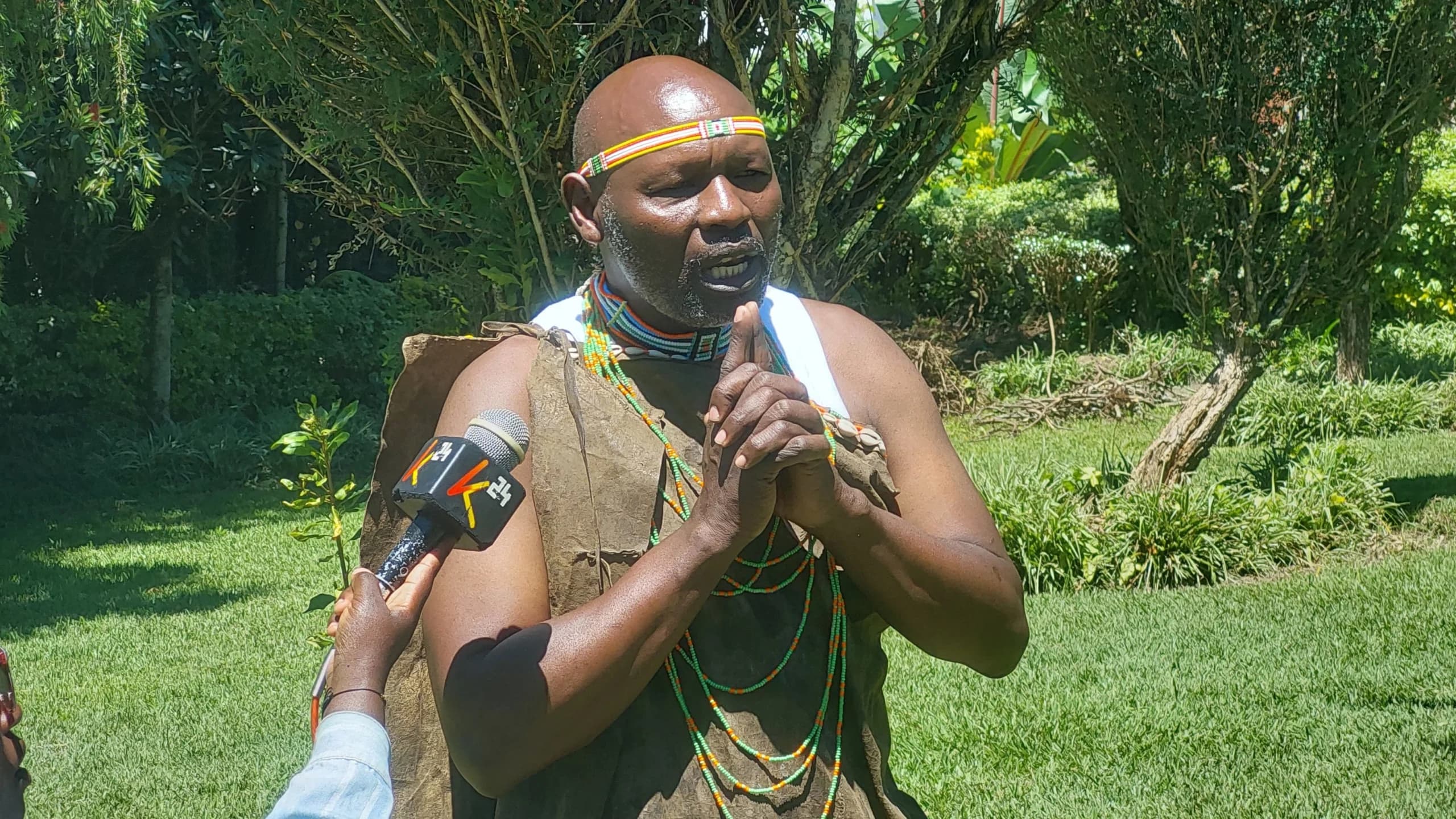We're loading the full news article for you. This includes the article content, images, author information, and related articles.
Political realignments and economic pressures are fueling a dangerous return to tribal mobilization, threatening to unravel the issue-based narrative of the last election and raising alarms among national cohesion watchdogs.

NAIROBI, Kenya – A worrying resurgence of toxic ethnic rhetoric is sweeping across Kenya’s political landscape, threatening national unity as the country begins its long march towards the 2027 General Election. Less than three years after a presidential contest largely framed around economic class—the “hustlers versus dynasties” narrative—political discourse is reverting to the divisive ethnic allegiances that have marred previous elections. This shift is being amplified on social media and is raising concerns among civil society and state institutions tasked with preventing a repeat of past electoral violence.
The relative peace of the 2022 elections, which observers noted for its focus on economic issues over tribal identity, now appears to be a fragile exception rather than a new rule. A November 2025 study by data analytics firm OdipoDev and the community-based organization Tribeless Youth revealed a sharp increase in ethnically charged online conversations. The study, which analyzed over six million posts on the social media platform X (formerly Twitter), found that daily posts mentioning tribal affiliations jumped from an average of 6,000 in 2024 to 10,000 in 2025. Alarmingly, half of the ethnicity-related posts in 2025 carried a toxic tone, with conversations around the Kikuyu, Luo, and Kalenjin communities showing the highest levels of polarization.
The National Cohesion and Integration Commission (NCIC), the statutory body created after the 2007-2008 post-election violence, has repeatedly warned of this dangerous trend. In a statement on June 18, 2024, NCIC Chairman Samuel Kobia noted a significant resurgence of inflammatory rhetoric, stating, “2024 has become a year full of hate speech and threat to violence based on ethnicity.” The commission reported intervening in 95 cases of social media hate speech in 2024 alone, with 72 of those instances occurring on X. The NCIC specifically condemned the rise of ethnic balkanization narratives, such as the “one man, one vote, one shilling” discourse and derogatory terms used to describe political supporters.
Despite these warnings, the NCIC has faced sharp criticism for its perceived inaction and inability to secure convictions against prominent figures. During a heated session before the Senate's National Cohesion committee on November 3, 2025, senators accused the commission of being “too casual” and threatened its disbandment, fearing the country could be exposed to a repeat of past violence if incitement is not curbed.
Analysts point to a confluence of factors driving the return to ethnic politics. Persistent economic hardship, including a high cost of living and increased taxation, has created fertile ground for populist mobilization. When issue-based solutions appear to fail, political elites often retreat to the predictable fault lines of tribe to consolidate support. Protests against tax hikes and the cost of living in 2023 and 2024 have highlighted widespread public discontent, which can be easily channeled into ethnic grievances.
Senior political leaders have been urged to champion national unity. On July 5, 2025, National Assembly Speaker Moses Wetang'ula cautioned that divisive politics risk plunging the country into “dangerous polarization.” Similarly, Deputy President Kithure Kindiki, speaking on July 3, 2025, warned Kenyans against falling into the trap of tribal divisions, calling it “harmful to our efforts to unite the nation.” However, the actions and rhetoric of other leaders continue to fuel division, with early campaigning for 2027 already taking on an ethnic dimension.
The proliferation of social media has transformed it into a primary vector for spreading ethnic prejudice and disinformation. With high mobile penetration, platforms like X, Facebook, and TikTok have become what one strategic studies institute called a “new battlefield for hate mongers and ethnic chauvinists.” The speed and reach of these platforms allow coordinated campaigns to inflame divisions and spread toxic narratives much faster than in previous election cycles. Civil society organizations have called for social media companies to improve content moderation and invest more in local context to effectively tackle hate speech.
As Kenya looks toward 2027, the dream of a “tribeless” nation, briefly ignited by youth-led protests in 2024, is fading. The country stands at a critical juncture, with the deep-seated structures of ethnic politics proving resilient. The responsibility now lies with political leaders to de-escalate rhetoric, state institutions like the NCIC to enforce laws without fear or favor, and citizens to resist the pull of divisive narratives that have cost the nation dearly in the past.
Keep the conversation in one place—threads here stay linked to the story and in the forums.
Sign in to start a discussion
Start a conversation about this story and keep it linked here.
Other hot threads
E-sports and Gaming Community in Kenya
Active 9 months ago
The Role of Technology in Modern Agriculture (AgriTech)
Active 9 months ago
Popular Recreational Activities Across Counties
Active 9 months ago
Investing in Youth Sports Development Programs
Active 9 months ago